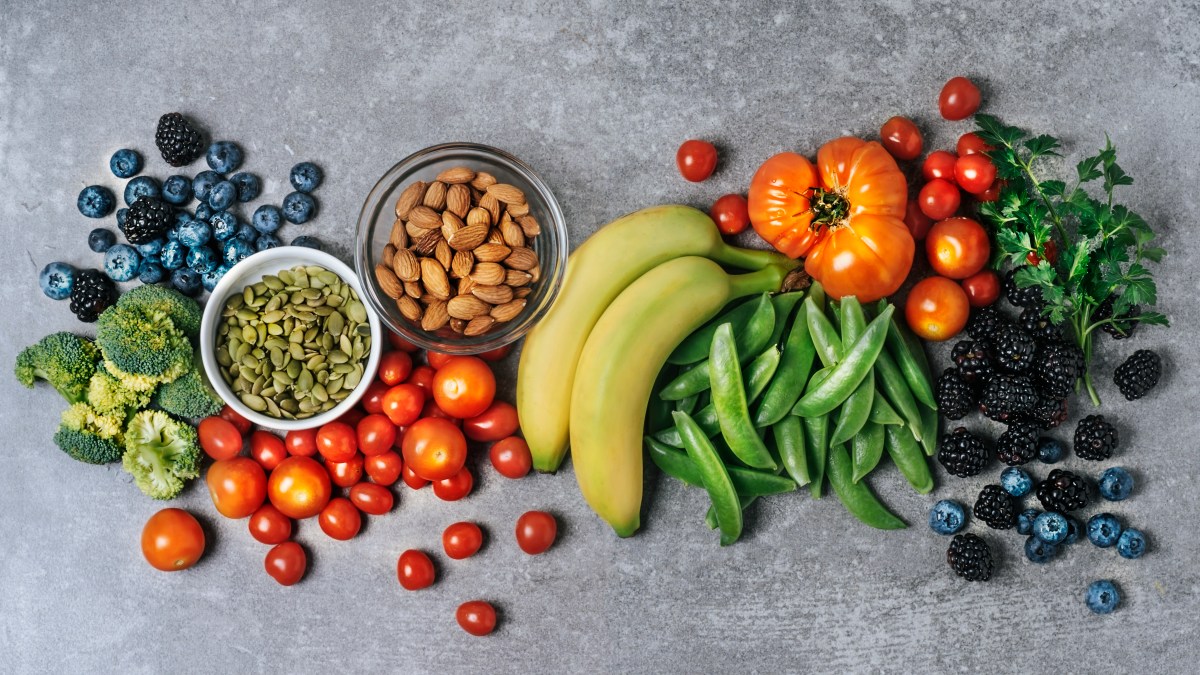Here’s how you need to adjust your diet in order to save both your body and the planet it lives on: put down the meat and sugar, pick up the fruits and vegetables.
That’s according to a new report issued Wednesday by a global commission made up of 37 experts in nutrition, agriculture, economics, health and government, NBC News reported. The study found that if everyone on Earth switched to a diet 50% lower in red meat and sugar than what the average westerner currently indulges in, and, instead, expanded on the total number of greens they consume, about 11 million fewer people would die prematurely every year.
“The world’s diets must change dramatically,” Dr. Walter Willett, a Harvard University nutrition expert who was part of the commission, said in a statement. “To be healthy, diets must have an appropriate calorie intake and consist of a variety of plant-based foods, low amounts of animal-based foods, unsaturated rather than saturated fats, and few refined grains, highly processed foods, and added sugars.”
This lifestyle change would also help save the planet and curb the effects of climate change brought on by over production. Then, by forcing the agriculture industry to operate under more sustainable methods — a much more feasible option in a world that asks less of the sector — less pollution would then flood the world.
“Current diets are pushing the Earth beyond its planetary boundaries, while causing ill health,” the commission said in a statement. “This puts both people and the planet at risk.”
A sample diet put together by the commission that would provide optimal calories and nutrients, based on 2,500 calories per day, would include: 811 calories of whole grains such as rice or wheat, 39 calories of starchy vegetables like potatoes, 15 calories of beef or lamb, 15 calories of pork, 62 calories of poultry, 19 calories of eggs — about 3 every two weeks, 40 calories of fish, 172 calories of beans, lentils or peas, 112 calories of soy food, 142 calories of peanuts, 149 calories of tree nuts, 153 calories of dairy — but no dairy fat at all, 68 calories worth of vegetables, 126 calories of fruit, 354 calories of unsaturated vegetable oil, 60 calories of saturated palm oil, 36 calories of lard or tallow and 120 calories of sweeteners.
Thanks for reading InsideHook. Sign up for our daily newsletter and be in the know.


















